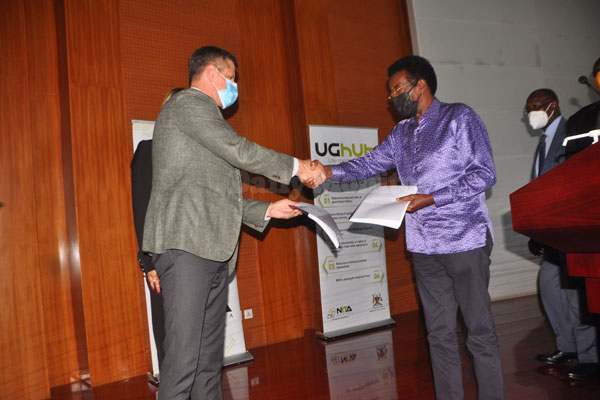Vehicle tracking has serious implications

Ugandan news media is awash with stories of government awarding a contract to a Russian company to install tracking devices in all public and private vehicles.
Mass vehicle tracking involves automated gathering, analysis, and utilisation of data about vehicles and their movements on a large scale, in our case, on a national scale. With advances in technologies for, data collection such as smart CCTV cameras, Internet of Things (IoT) for digital device connectivity, and machine learning for data analytics, this task has become so mundane that one does not need to be highly skilled to accomplish it.
In my opinion the current mass vehicle tracking project is unnecessary from a national security, privacy, and financial points of view. Urban crime can still be successfully fought without tracking down every Ugandan who drives a vehicle or rides a motorcycle. I would rather the government focuses on building its cyber security capability to counter external threats emanating from unfriendly nation states and/or global terrorism. But this will be a topic for another day.
So what are some of the implications of mass vehicle tracking for personal security and privacy? One of them is that as a Ugandan you no longer have a right to privacy of physical location. In other words, where you ‘live’ and ‘work’ is now a mouse click away – easily achieved by deriving daily spatio-temporal analytics of your individual movement trajectories. Also, your movement patterns including, routes, stop-over points, their duration and timestamps, are now a lot easier to determine and available in real-time.
As far as personal data security is concerned, you have no control over what this data will be used for. You have no right of consent over its collection. You may not be able to hold the government officer / agency responsible in case of data security breach. You may never know where the data will be stored (in Uganda or abroad), and who else will have access to it (legally or otherwise).
There are also some unanswered questions and fears. For example, was the Russian company contracted to install tracking devices in vehicles (MS Joint-Stock Global Systems) evaluated on the basis of data security and privacy practices? There is not even a trace of them on the Internet. What if criminals who are after your life and/or family gain access to information about where you live, work, or movement patterns – isn’t their work now easier? Given Uganda’s highly corruptible law enforcement agencies and public officers – this thought isn’t too far-fetched.
You may be asking yourself, ‘what can I do to evade government surveillance under this mass vehicle tracking plan.’ Technically, you can do nothing if you consider yourself a ‘law abiding’ citizen or resident of Uganda. However, you can individually create self-awareness of lawful data protection and privacy practices in Uganda by acquainting yourself with the Data Protection and Privacy Act of 2019. This law will help you know, and may be one day you will be bold enough to stand up and fight for your personal data and right to privacy. Collectively (eg, as students’ body, civil society organisation, political group, academia, etc) advocate for better personal data governance practices in Uganda.
In the meantime, congratulations to each Ugandan for giving up a portion of your privacy to the government of Uganda without any form of resistance.
Rahman Sanya, Information security enthusiast.


